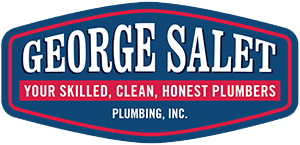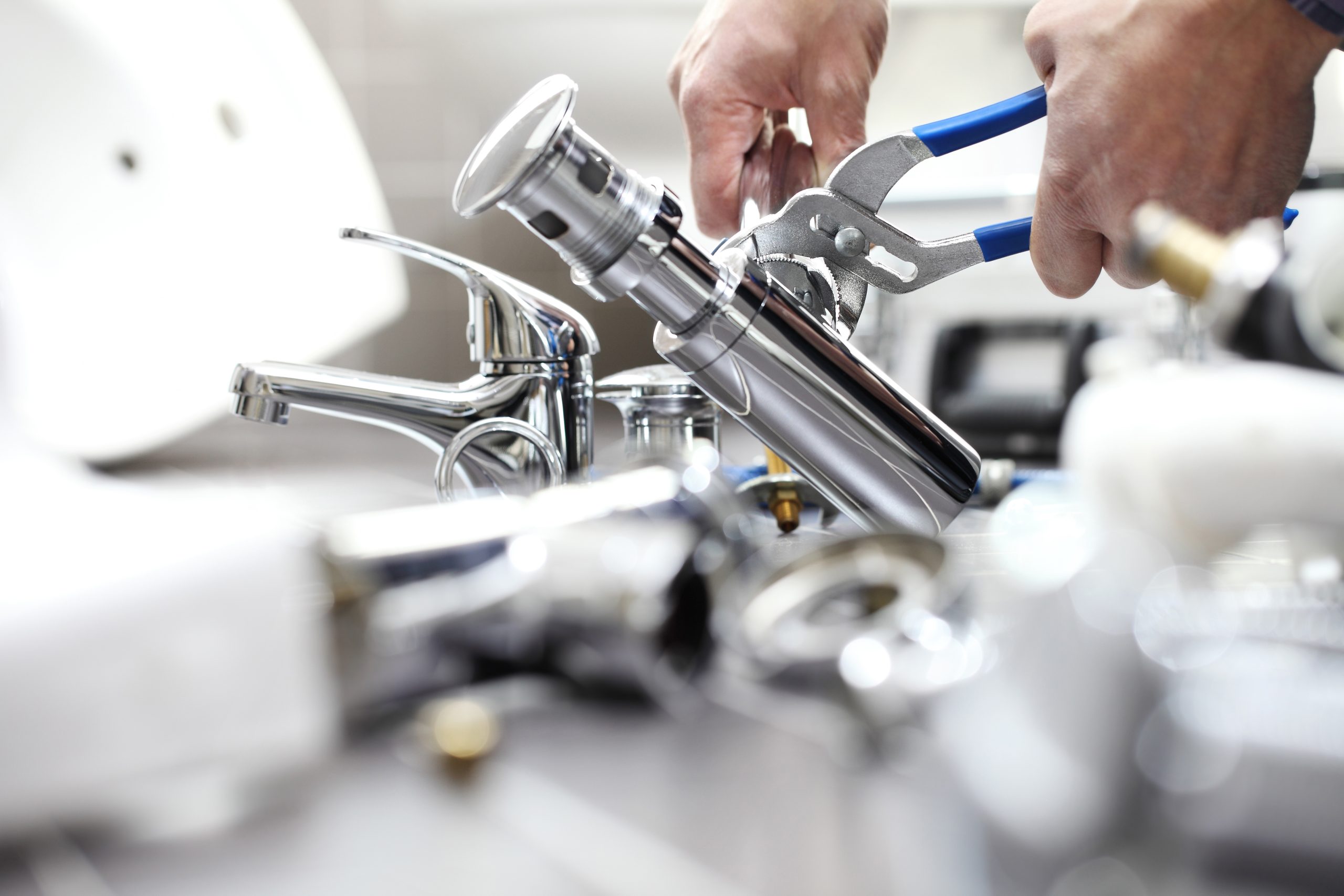40+ Years of Plumbing Experience
George Salet Plumbing is known throughout the Bay Area for its superior plumbing services. In business for more than 40 years, we’re committed to helping our customers when they face emergencies or need a helping hand. Free estimates and fair pricing makes us the go-to plumbing professionals in San Francisco. Family-owned and quality-orientated, we’re proud to serve people in the local area, whether they need to fix a clogged drain or need our assistance with a bathroom remodeling project.

Common Plumbing FAQs
Usually, a faucet will keep running if a valve seal or gasket has worn out. Fixing this issue involves taking the unit apart and replacing any damaged or fatigued components
Several factors can contribute to broken, burst, or leaking pipes. The most common for older pipes is corrosion. Water and salt in the soil react with the metal, causing it to oxidize and weaken over time.
In other cases, pipes can collapse because of shifts in the earth above them. And, occasionally, tree roots can damage them if they grow in the wrong way.
Sewage backups can occur when you have clogs in your drains and main sewer lines. These usually happen if you have more people than usual using your bathroom facilities, such as while hosting a party.
Pipe breakdown and tree roots can cause similar issues. If a pipe becomes blocked, sewage backup becomes more likely.
Pipes can be made of a range of materials, depending on when your home was built. From the 1970s to 2000, copper was the material of choice. It typically lasts around 50 years before needing replacement. There are still some cast iron pipes in homes from the 1960s and galvanized steel from the 1970s. Most pipes today are made of some sort of plastic or derivative. The most common options are PEX, PVC, and PB.
The most common plumbing problems are clogged toilets and drains, leaky faucets, low water pressure, leaky pipes, and sewage smell in the home. Slow-draining sinks are also sometimes an issue.
In general, homeowners should not take a DIY approach to drain unclogging. Home-made solutions rarely solve the root of the problem. Almost always, a professional approach is required.
You can avoid clogged pipes by refraining from pouring oil down the sink, clearing drain stoppers in your showers, and only flushing waste and toilet paper down the toilet.
The three most common causes are a broken or dirty flapper, too long or too short of a chain between the flush lever and the flapper or a float that is out of position.
A hissing sound can mean that the refill valve is still letting a tiny bit of water into the tank because it hasn’t shut off like it’s designed to. The valve is supposed to shut off automatically based on the water level in the tank. A faulty valve or one not set properly will keep water running. When you hear the hissing sound, take the lid off your toilet tank. The first thing to check is to see if water is running down the overflow pipe. If it is, your refill valve is not shutting off when the tank is full. That means that water is constantly going down the refill tank and running up your water bill.

